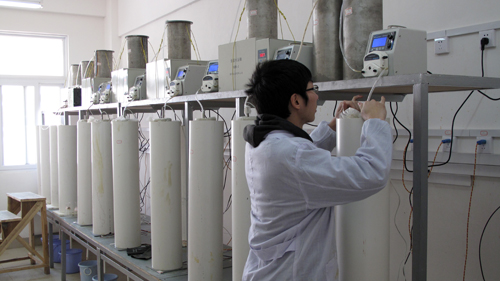



The director of the IICE Laboratory is Prof. On the cognitive engineering side, the lab will primarily carry out research on affective computing and cognitive dialogue systems. On the intelligent interaction side, the IICE Laboratory will focus on human-machine interaction via brain, image, speech and text. It is a new and promising direction of future computer applications, which is also an important component of artificial intelligence and computer applications in the future. Intelligent interaction and cognitive engineering not only expands the traditional computer science and engineering research fields to multidisciplinary cognitive computing, but also promotes the research of machine intelligence to a higher level by employing the human cognitive process. It is also devoted to developing user-friendly, robust and evolvable human-computer interaction systems with multiple modalities including brain signal, image, speech and text. The IICE Laboratory will explore the mechanism and the cognitive process of how the brain processes information and provide theory and engineering approaches for efficient and intelligent information processing. An important goal of cognitive interaction technology is to approach human performance in perceiving, understanding and expressing emotion, which will lead to harmonious human-computer interfaces. With machine cognition, during interaction, machine can understand users’ need in rich contexts and present appropriate response. This is a fundamental change of the general artificial intelligence framework. Current computers reflect only strict rational thinking, while intelligent interaction and cognitive engineering will provide them with the ability of perceptual thinking. Intelligent interaction and cognitive engineering is a multidisciplinary research field involving subjects such as computer science, neuroscience, cognitive science, psychology, linguistics and electronic engineering etc.


 0 kommentar(er)
0 kommentar(er)
